
The African Union (AU) has hailed the achievements by the Economic Community of West African States (ECOWAS) in different areas, including among others in promotion of regional integration.
The sub-regional bloc on Monday held an event in connection with its 42nd anniversary on the premises of the AU Headquarters in Ethiopia’s capital Addis Ababa, under the theme, “ECOWAS at 42: Reflections and Expectations.”
In her remarks on the occasion, Amira Al-Fadil, AU Commissioner for Social Affairs, has reiterated that ECOWAS has gained achievements in different areas.
Regional integration, democracy and political process, and peacekeeping are among the areas, which the Commissioner mentioned as the key achievements of the bloc.
Established on the 28th May 1975, the 15-member sub-regional bloc adopted its protocol of free movements of persons, right of residence and establishment in 1979.
All the 15 member states issue a common ECOWAS Community Biometric International Passport to their citizens adopted since 2000.
ECOWAS also abolished visas for all ECOWAS citizens since 2000, and abolished residence permit in all member states since July 2014.
The AU Commissioner has noted that ECOWAS is a beacon to many of regional economic communities (RECs) on the African continent.
It established Community Levy (0.5 percent) of member states Import Duty from non-ECOWAS countries as the main source funding integration in the region since 1996.
“ECOWAS is indeed a beacon to many of the RECs (regional economic communities) as its integration agenda is well on course. The protocol on the free movements of persons has been in existence for nearly three decades, which suggests that the integration of the continent is possible,” said the Commissioner.
The Commissioner has also highlighted ECOWAS’s role in peacekeeping missions, mentioning the cases in Liberia and Sierra Leone.
Recalling that the sub-region has recently seen two successful elections in the Gambia and Ghana, the Commissioner has commended the leadership of the sub-regional bloc for addressing the difficulties in the Gambia, which has successfully ended the problem.
“When we talk about democracy and peaceful transition of power, ECOWAS has again led in this area, and even producing the first elected female president on the continent. Recent elections in the Gambia and Ghana were manifestations of the level of maturity of the democratic political process in the sub-region,” noted the Commissioner.
“As we reflect on these achievements, we should also consider duplicating the best practices of ECOWAS in the areas already mentioned, including the biometric international passport; the community levy of member states import duty from non-ECOWAS countries; the visa free regimes for ECOWAS citizens; free movement of persons, goods and services, and the right of establishment; abolishment of resident permit to ECOWAS citizens,” said the Commissioner.
“As we look to the future, we expect the sub-region to demonstrate that leadership and political maturity not only in the sub-region but on the continent,” she said, adding, “We look forward to a better and brighter future for the sub-region and for the whole continent, implementing together in collaboration, the agenda 2063 and for that we can have the Africa we want.”
Chairing the event at the AU headquarters, George S.W. Patten, Liberian Ambassador to Ethiopia and AU, recalled that ECOWAS was born about 42 years ago to address the multifaceted problems of poverty and underdevelopment in the sub-region, and also to promote cooperation and integration.
In these 42 years ECOWAS has made tremendous progress in breaking down economic, social and political barriers, has reiterated the Ambassador.
For ECOWAS to consolidate progress towards realizing ECOWAS vision 2020 of borderless, peaceful, prosperous and cohesive region, the Ambassador has pointed out four priorities including, peace and security, enhanced trade integration, agriculture and infrastructure, and improving financial stability.
ECOWAS has 15 member states, including Benin, Burkina Faso, Cabo Verde, Cote d’Ivoire, Ghana, Guinea, Guinea Bissau, Liberia, Mali, Niger, Nigeria, Senegal, Sierra Leone, Gambia and Togo. Enditem
Source: Xinhua/NewsGhana.com.gh
Read Full Story
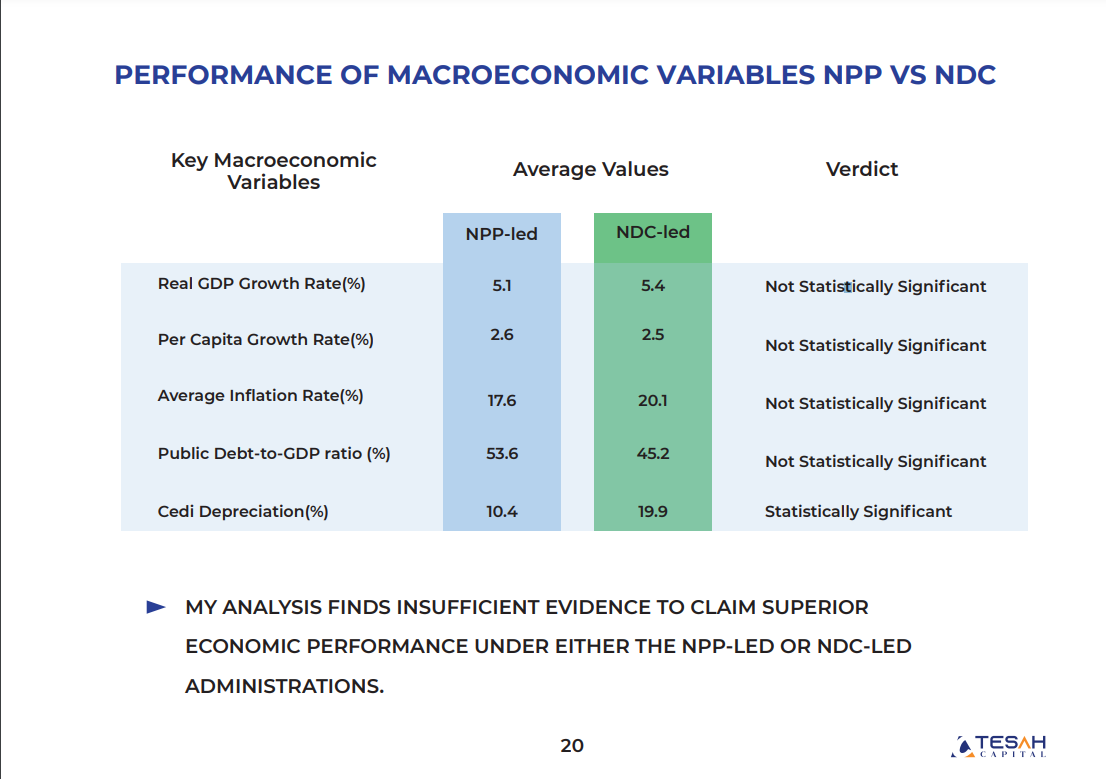

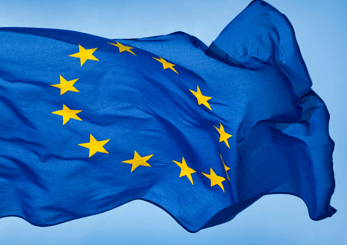


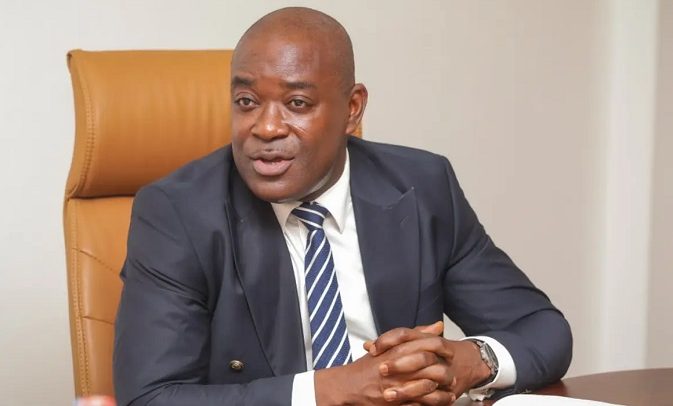







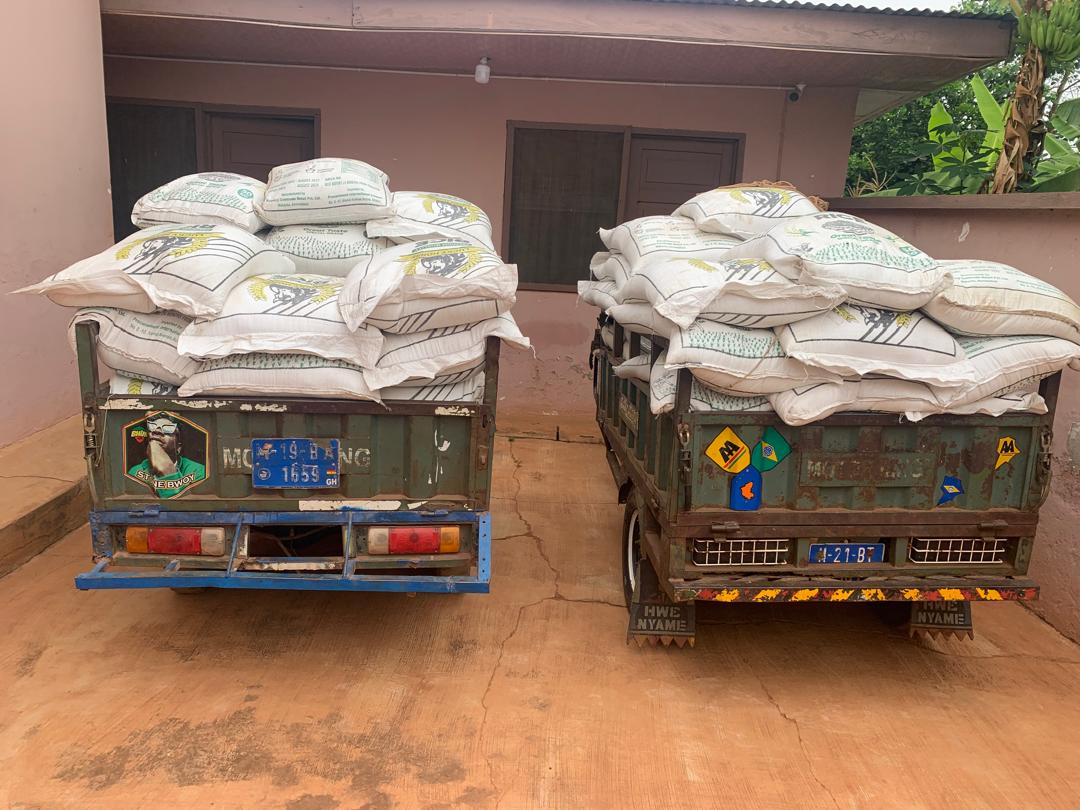
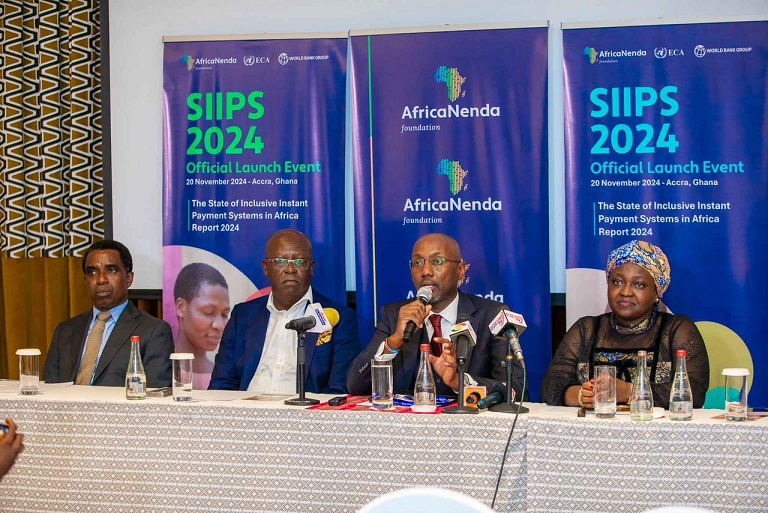

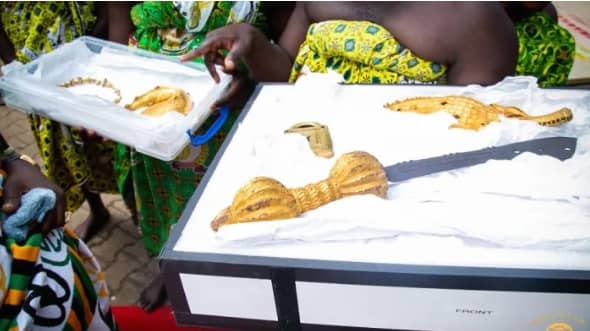
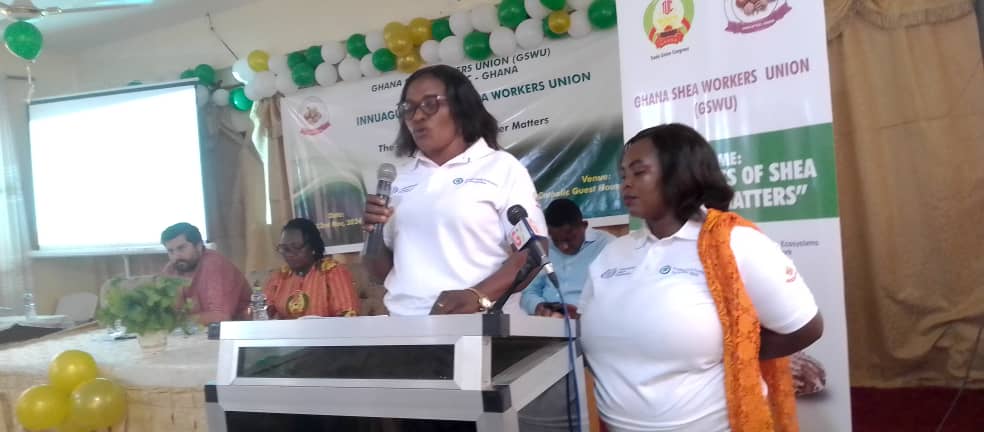
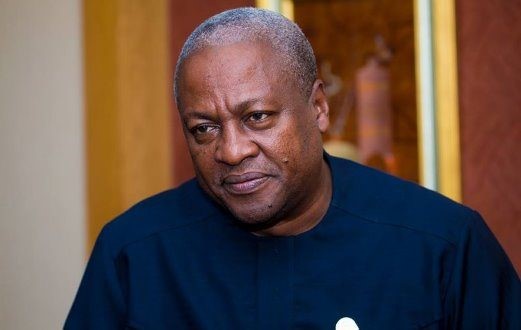
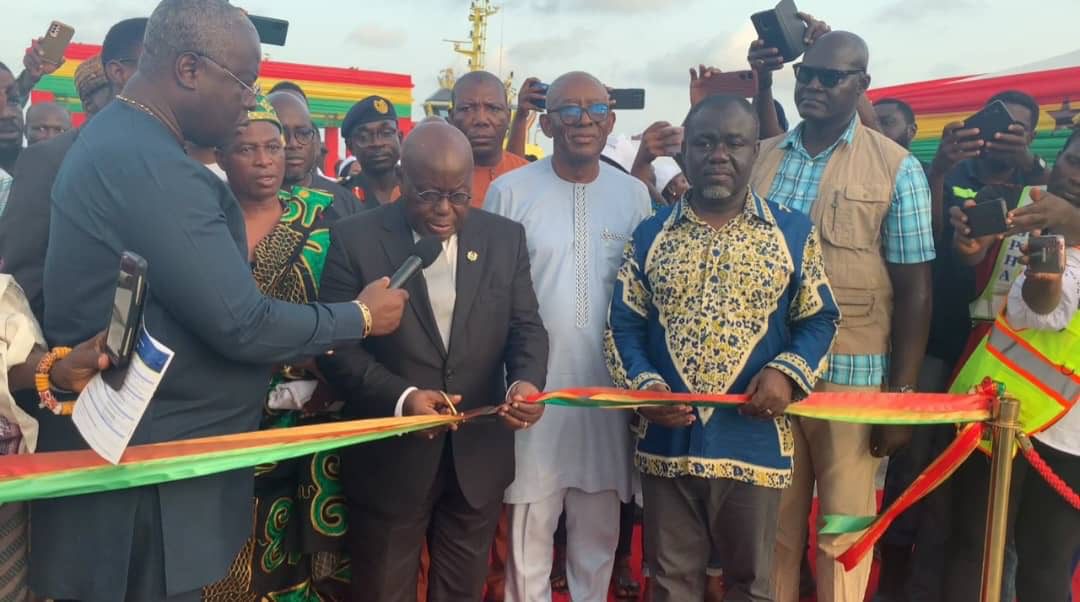
Facebook
Twitter
Pinterest
Instagram
Google+
YouTube
LinkedIn
RSS